Support strong Canadian climate journalism for 2025
The Trudeau government has proposed sweeping amendments to Canada’s environmental laws to reverse a series of "very controversial" changes implemented by the former Harper administration in 2012.
The proposals — packaged in a colourful 24-page document sprinkled with photographs of nature, graphics and other images — moves the federal government one step closer to delivering on a key Liberal campaign promise to restore public trust in federal oversight of industry.
Environment and Climate Change Minister Catherine McKenna said the government sought to promote reconciliation with Indigenous people, to improve environmental protection and to encourage economic development with its suite of proposals.
"That's why our government will deliver environmental assessment and regulatory processes that regain public trust, protect the environment, support reconciliation with Indigenous peoples and ensure good projects go ahead that get resources to market sustainably," McKenna told National Observer in an emailed statement. "At the end of the day, we want to get good projects built to create jobs and support communities across our country, while protecting the environment for our children."
The changes aim to increase public participation in assessing the impacts of industrial development as well as “explicitly” introducing new legislative requirements to strengthen the role of Indigenous people in federal reviews. They would accomplish this by requiring federal officials to assess the impacts of projects on Indigenous people.
Near the top of the list of proposals is the creation or designation of a single federal agency with the authority to lead project reviews. The government also said it would manage reviews under a transparent process that makes it easier for the public to participate, and requires federal officials to consider all economic, social and health effects of a project as well as impacts on Indigenous people.
Currently, there are three major federal regulatory organizations involved in environmental reviews of projects: the Canadian Environmental Assessment Agency, the National Energy Board and the Canadian Nuclear Safety Commission.
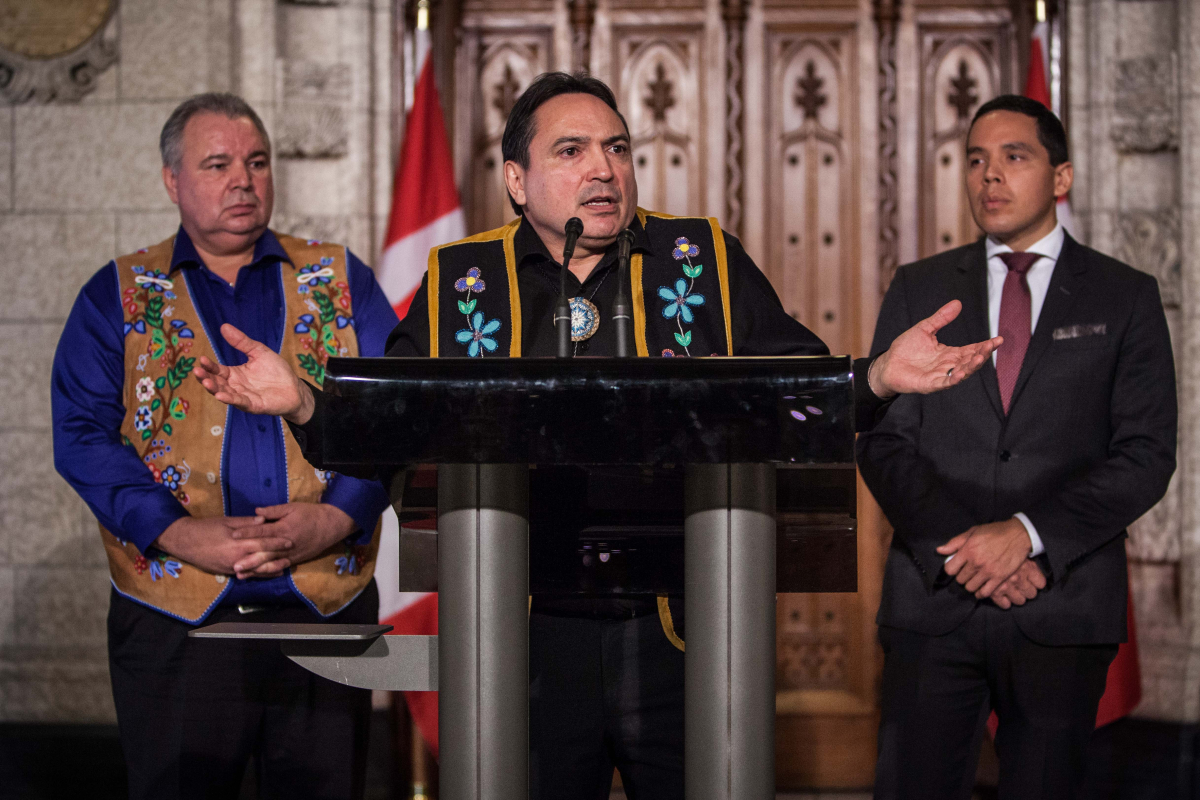
Peer review to weed out flimsy evidence
The package also aims to address a common complaint from scientists that federal project approvals are sometimes based on flimsy or biased evidence submitted by industry (or by consulting firms hired by industry) regarding the possible impacts of their projects on public health and the environment.
McKenna's proposal called for more transparency and better peer review of evidence, although federal officials still need to elaborate how they would implement these changes.
The proposals also include a plan to restore protections of fish habitat — removed by the former Harper government — as well as an evidence-based approach to expanding a list of types of industrial projects that would automatically trigger a federal review. Critics said that the Harper government dramatically reduced federal oversight by drafting an arbitrary list of categories that would be designated for federal reviews, without considering evidence.
For the first time, the government is proposing to add a gender-based analysis into the federal assessment of an industrial project. This would allow officials to study local communities, for example, and determine whether an industrial project would provide equal hiring opportunities for both men and women. It could also mean a deeper review of impacts on regions that are expecting an influx of camp workers and whether this leads to any social impacts or gender-based violence within communities.
Government opts to keep NEB in Calgary
The new discussion paper further indicated that the government has rejected a proposal from an independent panel to move the headquarters of the embattled federal pipeline regulator, the National Energy Board, out of Calgary. Instead, it proposed to remove a requirement that the regulator's board members be based in Calgary, which is also home to the headquarters of some major oil and gas companies.
The NEB and Canada's nuclear industry regulator, the Canadian Nuclear Safety Commission, would still participate in sharing their expertise for federal reviews, but would no longer have a leading role in environmental assessments. The newly-proposed federal agency would instead be leading the assessment process, under the government proposal.
As part of its review of the NEB, the Liberals also proposed to develop "a separate model to deliver timely and credible energy information to Canadians."
Federal officials said that these proposals from the discussion paper would be in response to a report from a federal panel reviewing the modernization of the NEB. That federal advisory panel was appointed come up with solutions to address criticism that the pipeline regulator was too close to industry and not protecting the public interest or the environment.
It had recommended, last May, that the government should replace the NEB's industrial oversight functions by creating a new organization called the Canadian Energy Transmission Commission that would have a board of directors and secretariat in Ottawa, while keeping some of its expertise and personnel in Calgary.
The panel had also recommended a separate agency be created to analyze and share information and statistics with Canadians about the energy sector to improve transparency.

Oil and gas industry sees 'alignment' in government proposals
After a quick read of the proposals, a senior official at Canada’s main oil and gas industry lobby group said he could see “a lot of alignment" between the Liberal government's discussion paper and industry concerns.
“I thought they’ve done a really good job of identifying improvement opportunities,” said Terry Abel, executive vice-president of the Canadian Association of Petroleum Producers.
Abel said one of the most important proposals was to ensure that there would only be one government assessment per project. He explained that this policy would help ensure certainty, clarity and efficiency in the review process for all stakeholders.
He added that he also welcomed the government’s proposal to maintain the NEB in Calgary.
Far from over, says government
The new document is the result of more than a year of Liberal government consultations with industry, environmental groups and Indigenous people regarding hundreds of pages of Canadian laws that were changed in a 2012 omnibus bill without any major public consultations or review by Parliament.
The Liberal government formally launched its review of former prime minister Stephen Harper's changes last June. Since then, government-appointed panels and parliamentary committees have received thousands of comments and recommendations about how to fix environmental laws.
The government says the public will now have until Aug. 24 to submit feedback on its proposals.
"It wasn’t simple but it’s also not over," said a senior government official who provided a briefing to National Observer about the recommendations. "This is a discussion paper. We've still got a lot of work to do…on legislation. There’s still going to be a lot of work to do on the regulatory tools and also on the public policy and the programming on it."
The government says it is aiming to introduce new legislation before the end of 2017 to begin implementation of its plan.
Stephen Hazell, director of conservation and general counsel at Nature Canada, an environmental group, said the proposals appear to be addressing a lot of important issues and characterized them as a "step in the right direction." Hazell is also a lawyer, and helped lead the federal government's efforts to implement the Canadian Environmental Assessment Act in the 1990s.
But he also identified some gaps in the proposals. Hazell said the government should consider additional changes to ensure projects in national parks and projects with high carbon pollution are subject to a full federal review.
"I don't care if it's a mining project or an LNG project, it shouldn't matter. If you're producing a lot of GHGs (greenhouse gases), it should be subject to a federal assessment, period," he said. "The idea of national parks is you're protecting the ecological integrity of those parks...but right now there is no requirement to do environmental assessments in national parks. It's disgraceful."
A stark contrast from previous government
The Liberal consultations contrasted with the approach taken by the previous government, which rapidly introduced major changes to environmental laws in concert with an aggressive push for oil and gas industry expansion and the approval of new pipeline projects.
In the months leading up to the 2012 overhaul, the former Harper government had told oil, gas and pipeline companies that its concerns were “top-of-mind,” and that it would need industry support to promote “very controversial” changes that would come to the Canadian environmental laws.
Harper’s changes, implemented in 2012, immediately cancelled about 3,000 environmental assessments, including the elimination of hundreds of federal reviews of oil, gas and pipeline industry projects.
Editor's note: This article was updated at 5:52 p.m. ET with new comments from the Canadian Association of Petroleum Producers.
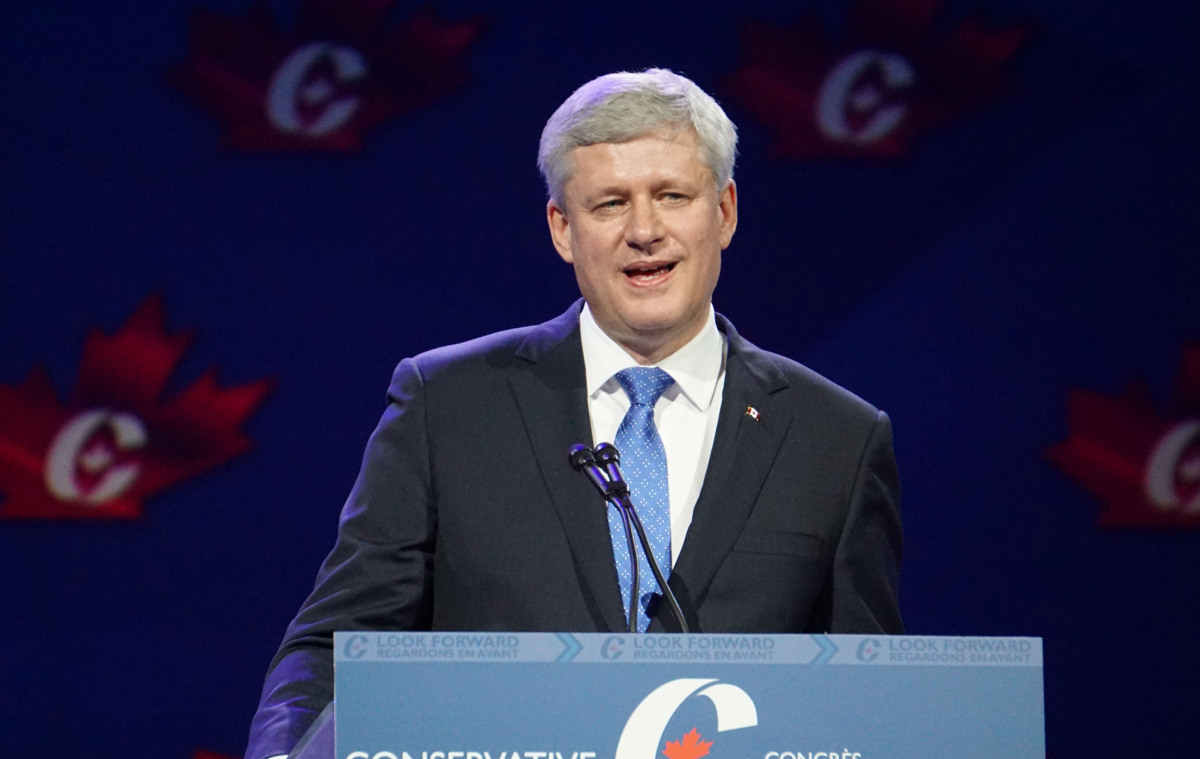

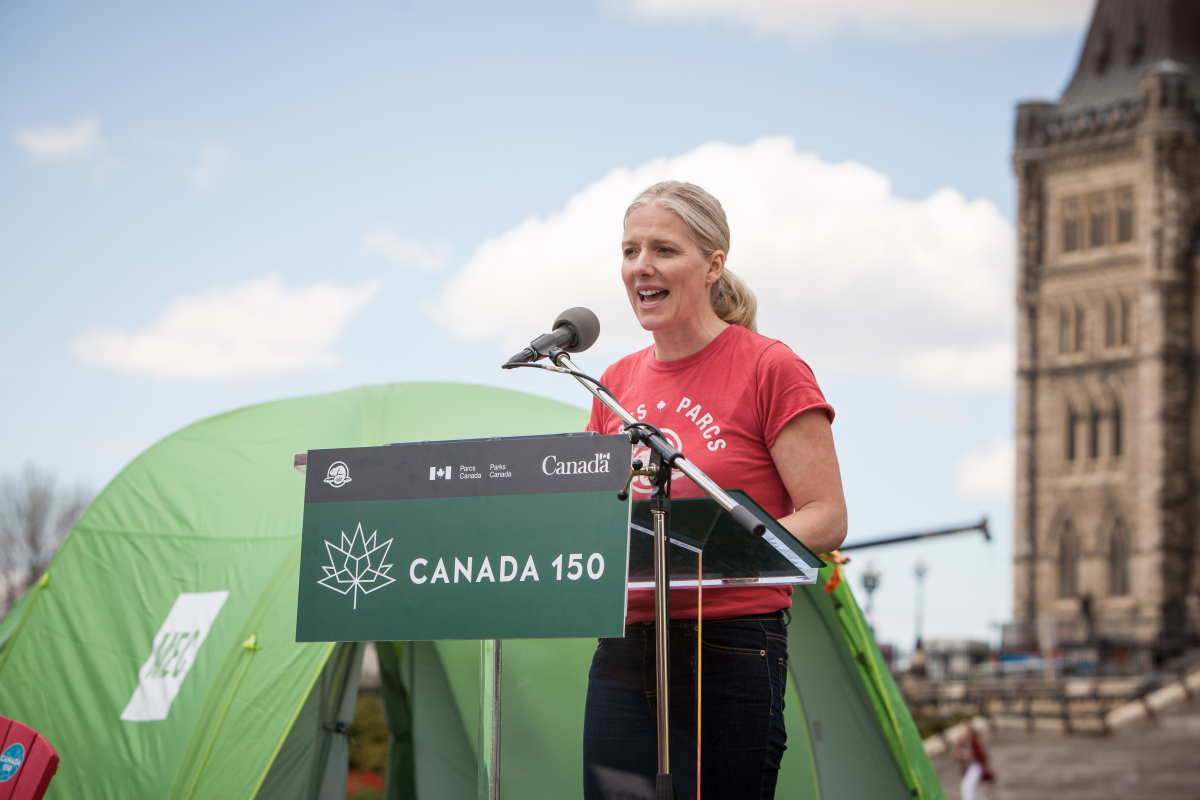

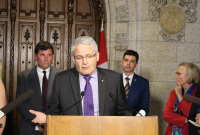
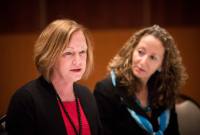

Comments
open letter re: Parliamentary Committee Review of Canadian Environmental Protection Act
Dear Leaders,
Thanks for the roles you have played. The underlying issue that would give any environmental legislation and regulation functionality, is reversing the cuts in funding for independent research in basic science. I have no special interest other than as a physician trained in the interpretation of science. I do however understand that if the private sector is left responsible for the great majority of research funding (including guiding direction for the NRC), all that will be funded is the shortest path to patent protectable products or meeting minimal regulatory requirements .
For a meaningful health protective role, our regulatory agencies need to have a picture beyond this shortest path; they need also understand the underlying territory, i.e. the ultimate disposition of many compounds and their metabolites in natural systems (ecosystems), and importantly including within our bodies and tissues. These often remain unknown, so we know not where to look for pathological impacts. The public does not understand that this is lacking. A lack of evidence for harm is not equal to evidence of safety. This of course also applies to the "elephant in the room" of climate change. Without this background support for basic science, lofty policy change is meaningless and will not pick up problems until it is “too late” i.e. there are major and frequent impacts... after the damage is done . This past devolution in funding does not meet the requirements of an enlightened society and leaves us with only the appearance of responsible governance ( risk management). Furthermore it has has contributed to an appropriate cynicism and loss of faith in civilized society, alternative facts etc. The role and functionality of journalism has unfortunately been likewise neglected.
Andre C. Piver MD
6774 Harrop Procter Rd.
Nelson, B.C., V1L 6R2
Canada , tel 250.229 4665
Are those new rules would have changed federal approval of Kinder Morgan, Line 3 expansion and LNG production? I don't think so, because if the Trudeau government really wanted to change the way that projects in the oil and gas sector are approved, it would have delayed those projects and studied them under the expected new more transparent (?) rules.
I'm very glad to see the beginning of change. This discussion paper is way overdue but better late than never. The first thing that should be discussed is the decision not to move whatever group that will be making assessment decisions (NEB?) out of Alberta completely. And possibly out of Ottawa too. Now that we have an NDP government in B.C. perhaps Prince George or Kamloops or Prince Rupert would be better choices for the main offices. At least then that group would be bathed in an environmentally friendly atmosphere instead of the continued sweaty embrace of oil lobbyists in Alberta. Let's get a complete physical and psychological separation of "church and state" re resource extraction in Canada.